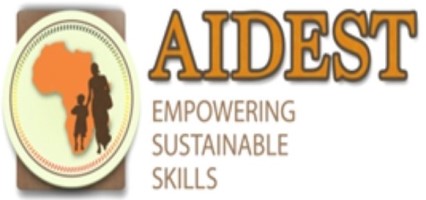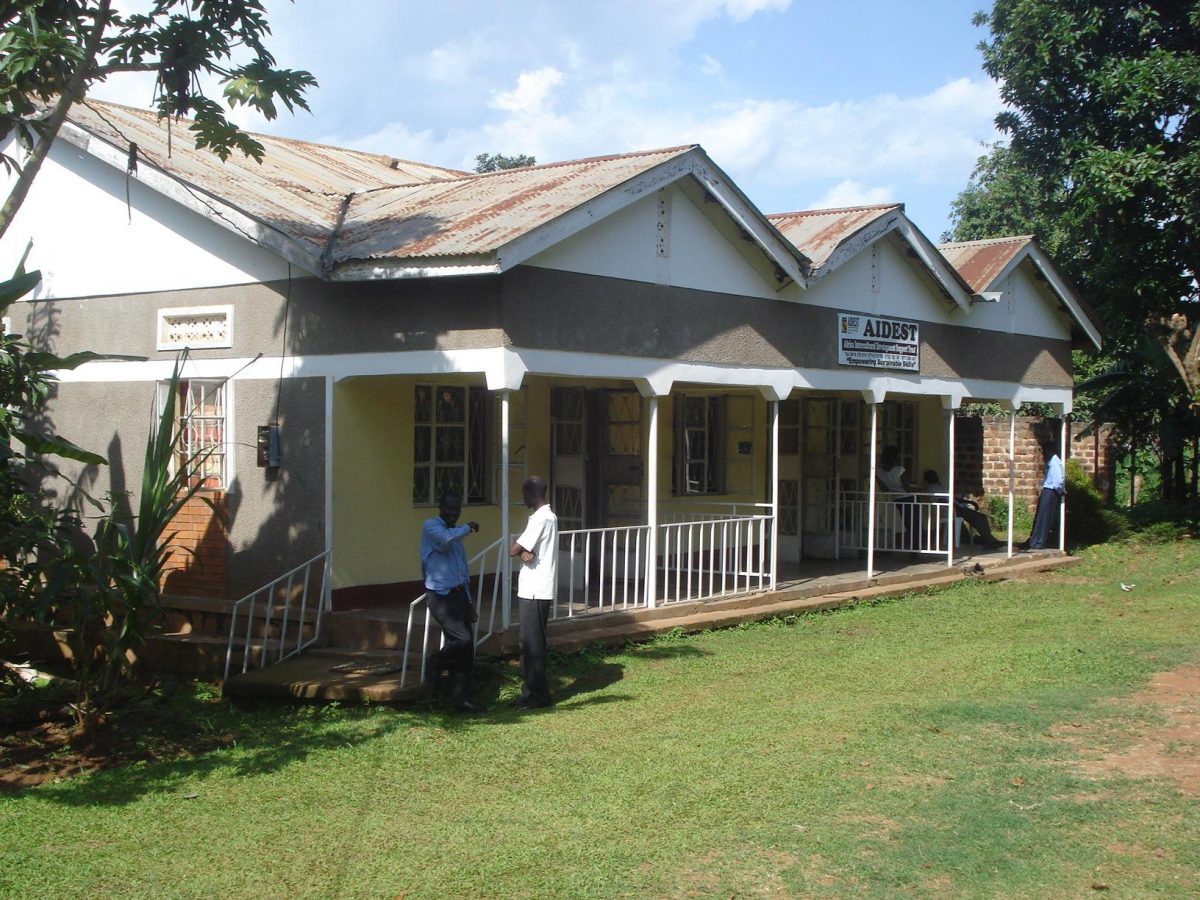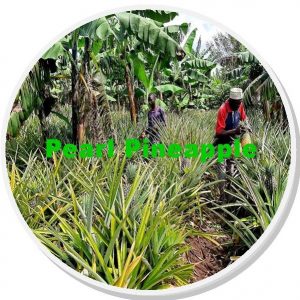Farmer Produce and Engagement
Africa Intercultural Development Support Trust supports the less privileged and poor communities in Uganda that face difficulties in acquiring the basic needs of life. We focus on promoting education and innovation skills through establishment of learning centres and youth IT centres for job creation in mostly rural and semi-urban areas.


Overview of the project

AIDEST initiated a project in Kayunga that engages local farmers to grow pineapples, and bananas to produce various types of wine, such as sweet wine, dried wine, crisps, and juice through organic farming, in order to become financially secure, while caring for soils through ecosystem-friendly techniques.
We’re looking at marketing-quality agricultural products through bulking, value addition, training, and input supply chain. Integration of sun-drying systems helps the fresh pineapple dry in a given temperature naturally without much heating.
We apply solar-powered system in some elements to produce as a promotion of renewable energy in most of the processes. Even the refrigeration system is planned to be powered by solar, and it will be hopefully implemented next year.
All these innovations will answer the need for reliable and energy efficiency, since the project in located in a rural area, where hydro-electricity is scarce, and when it’s available, it’s only for 2 days a week, on-and-off most of the time, and expensive for productivity.
Engage local farmers in growing pineapple and bananas to produce wines in order to become financially self-sustained.
Networking, internationalisation
Project still in progress
- Every month, the enterprise produces approximately 1000 product sales volume that are supplied to its customers or users.
- The direct customers – companies – include Fruits of the Nile, Flona, Tripofi, and Jakana that buy from us directly the readily produced dry pineapple wine, sweet pineapple wine, crisps, taste juice, and fresh pineapple.
- They then supply to other users in local supermarkets, hotels, restaurants as well transporting to Rwanda, Kenya, South Africa, and export to Europe and Asia.
- We have approximately 3000 customers that purchase from us, including small individual buyers of small quantities of wine, and fresh pineapples to the local markets, or for their own home consumption.
- The enterprise is comprised of 28 farmers groups that supply fresh pineapple and banana to us at Kayunga for processing and market identification.
- Every year, the enterprise trains its members in productive farming, and how they can add value on their farm produce, and eventually earn an income, or share the financing from their own farms.
- The enterprise is a team of over 50 farmers from the 28 groups that run agriculture and agribusiness activities on 50 acres of land, and on it established a production centre.
- We’re working towards making a farmer more prosperous, marketing cooperative system with empowered membership.
- More focus is given towards engaging and improving the livelihoods of youth and women, in order to participate, and for program inclusion in the methods that can help maintain the locally available resources through sustainable farming, while earning some money without damaging the environment and ecosystem.
- We supply good quality wines brewed from indigenous environmentally-friendly local pineapples and bananas, offering 15% off price, cool and ready to drink with good packaging.
Most of the funding is self-generated from the farm and produce, and annual memberships.
organisation
Africa Intercultural Development Support Trust (AIDEST) supports the less privileged, and poor communities in Uganda that face difficulties in acquiring the basic needs of life. We focus on promoting education and innovation skills through establishment of learning centres, and youth IT centres for job creation in mostly rural and semi-urban areas.
- Empowering youth in entrepreneurship for job creation, and sustainable income through hands-on training, waste management, and recycling of composite plastic roofing tiles. This is currently being implemented. There is also an element to transform waste into energy generation in next stages
- Training farmers in pineapple growing and add value to these fruits, by brewing natural sweet pineapple wine, dry pineapple wine and pineapple juice ready to drink and crisps
- Deal in renewable energy (solar solutions, installation and training)
Overall, AIDEST conducts a variety of activities that cover several areas of action:
- Community awareness campaigns about waste management, and the dangers of environmental degradation
- Educating business community in cities to support bin-it campaigns in order to keep towns and cities clean, and supporting green energy
- Carrying out community tree planting campaigns along access roads, encouraging farmers to participate in conserving the environment
- Providing educative and technical sessions to beneficiaries on waste reuse through recycling, promoting industrialisation scale, and how these can create employment
- Electrification of waste energy, and empowering youth and women in energy generating activities, manufacturing of things, thus open door to many opportunities
- Engaging in various innovations, and production systems through career guidance, mentoring, peer-to-peer learning
- Promoting entrepreneurship development for communities to improve people’s livelihood and become self-sustained
- Promoting use of renewable energy (e.g. solar technology solutions and biogas combustion systems for production and marketing)
- Kangulumira Area Co-operative Enterprise
- Balamu Community Outreach Program
- NFLUCO Youth Build
- Local smallholder farmers, community and local leaders within the project area
- Business interest groups
All these are local organizations.




